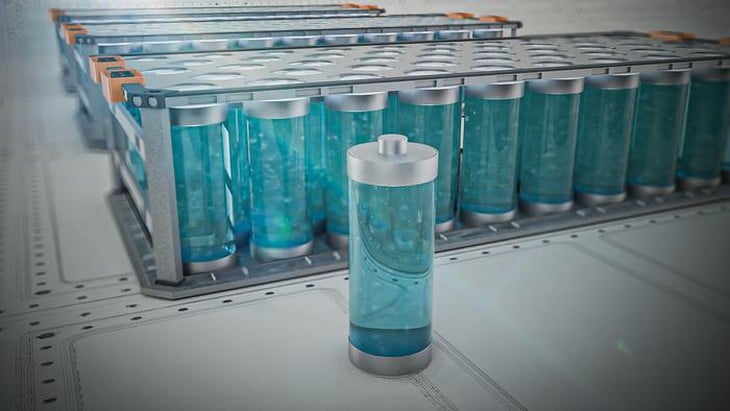
Water batteries are now considered a safer and more sustainable option than lithium batteries - Photo: Heno Hwang
A team of scientists at the King Abdullah University of Science and Technology in Saudi Arabia (KAUST) has discovered the key reason why aqueous batteries - batteries that use water as a solvent - quickly lose performance and lifespan: "free water" molecules cause side reactions that damage the anode.
And with just a small amount of cheap sulfate salts like zinc sulfate, the team effectively overcame this problem, making the battery last more than 10 times longer.
According to the research team, “free water” is water molecules that are not tightly bound to other ions in the battery. This state makes water more likely to react with electrode components, causing energy loss and material corrosion.
When sulfate salts are added, the sulfate ions act as “water molecular glue,” holding water more tightly in the bond structure, thereby greatly reducing harmful side reactions.
“This discovery shows that water structure plays a key role in battery chemistry, but has previously been overlooked,” said Professor Husam Alshareef, lead researcher and director of the CREST Center for Renewable Energy and Storage Technologies at KAUST.
Although most of the experiments used zinc sulfate, preliminary results show that the “hydrogel” effect of sulfate ions also applies to many other metal anodes. This opens up the possibility of developing a universal, simple, and effective solution to improve the lifetime of the entire aqueous battery family.
"Sulphate salts are cheap, readily available, and chemically stable, making our solution both scientifically and economically feasible," said researcher Yunpei Zhu, who conducted most of the experiments.
Aqueous batteries are now considered a safer and more sustainable alternative to lithium batteries for large-scale renewable energy storage systems, such as solar power storage for the grid. The global aqueous battery market is forecast to exceed $10 billion by 2030.
The research was published in the journal Science Advances, with the participation of professors Omar Mohammed, Omar Bakr, Xixiang Zhang and Mani Sarathy from KAUST.
Source: https://tuoitre.vn/bat-ngo-cach-giup-pin-nuoc-ben-gap-10-lan-gia-re-beo-20250731095443709.htm









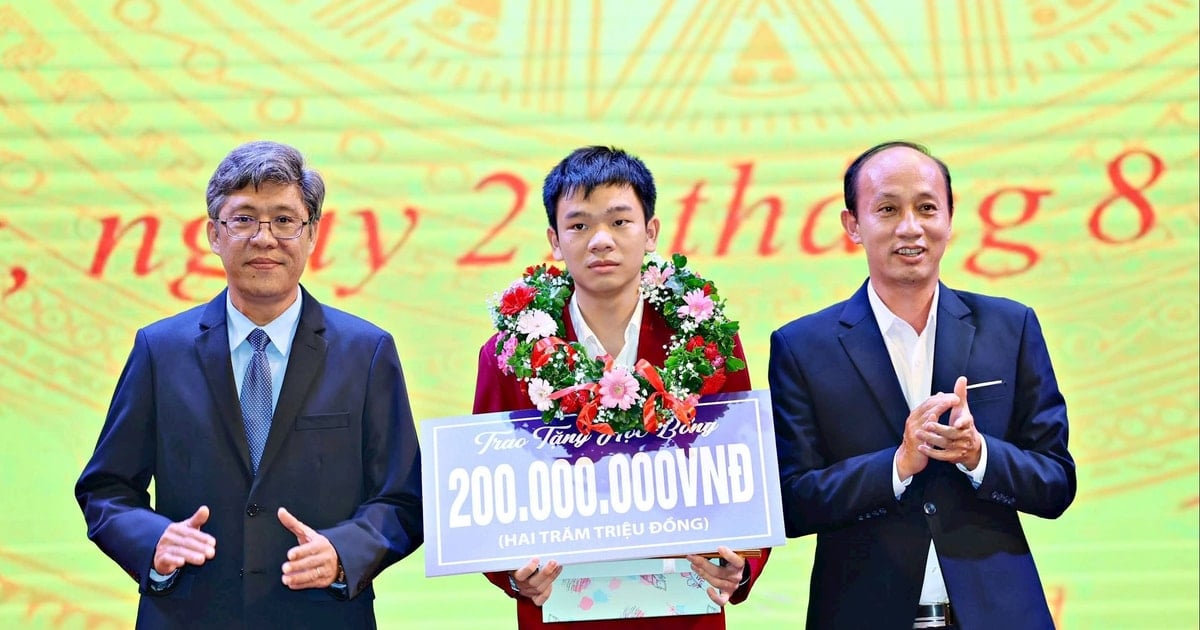
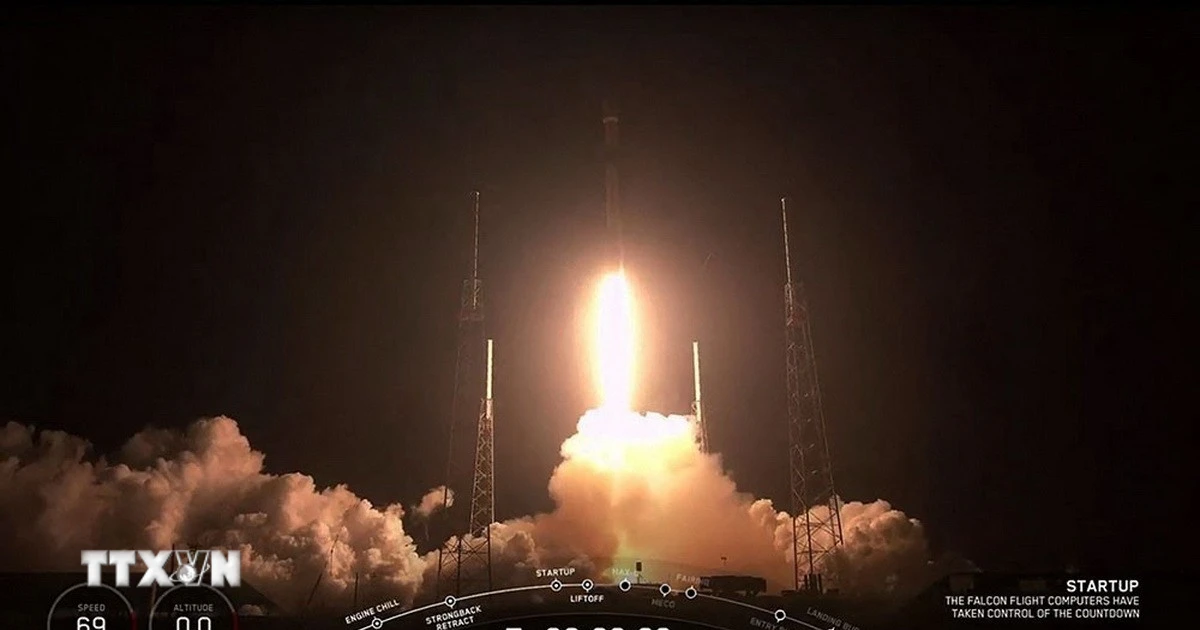
















































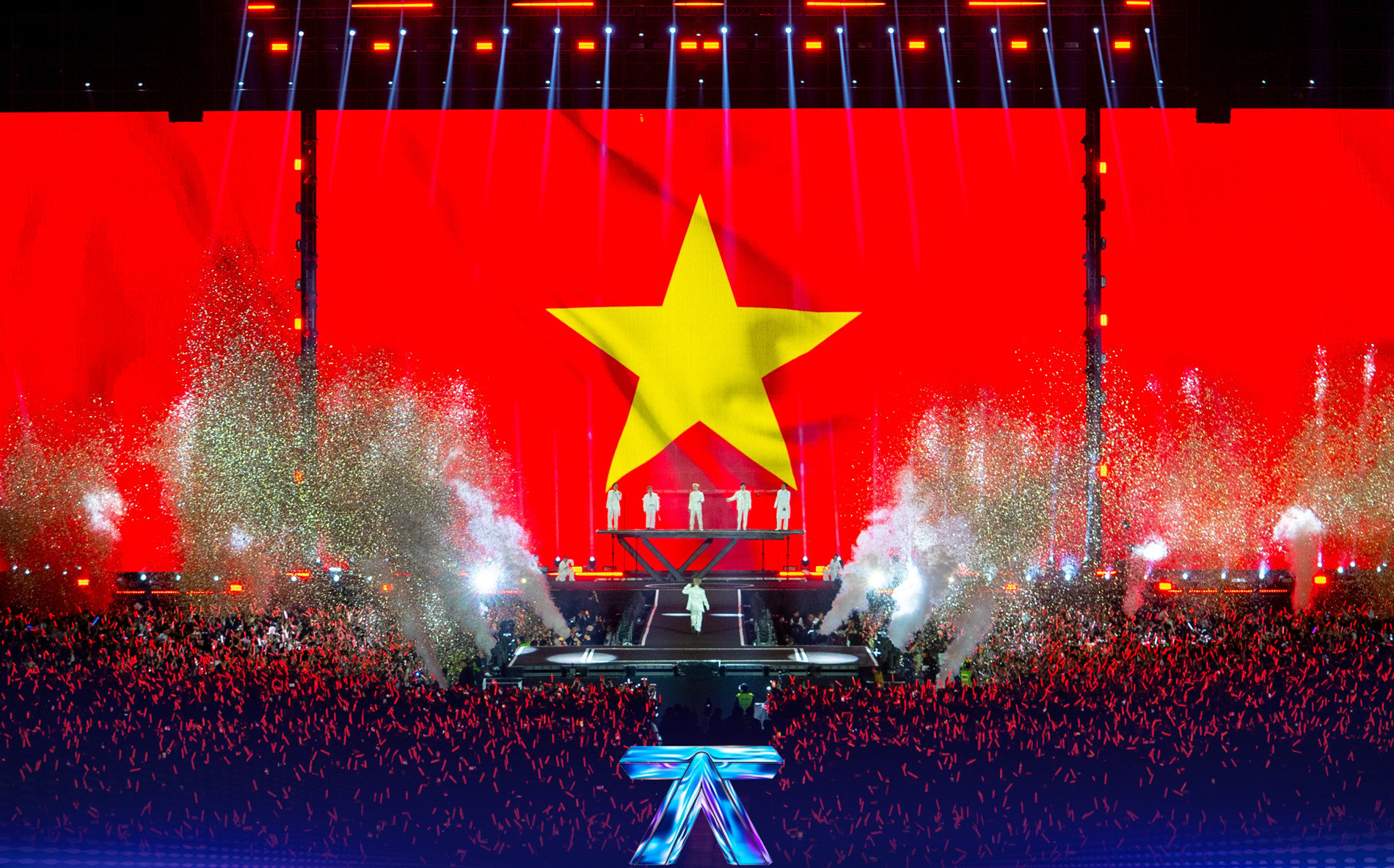

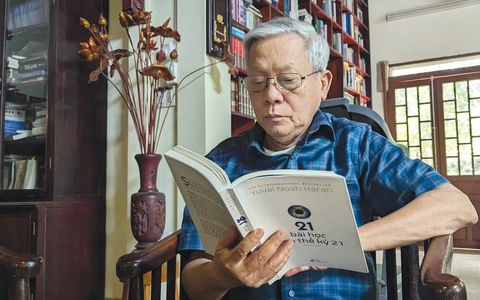


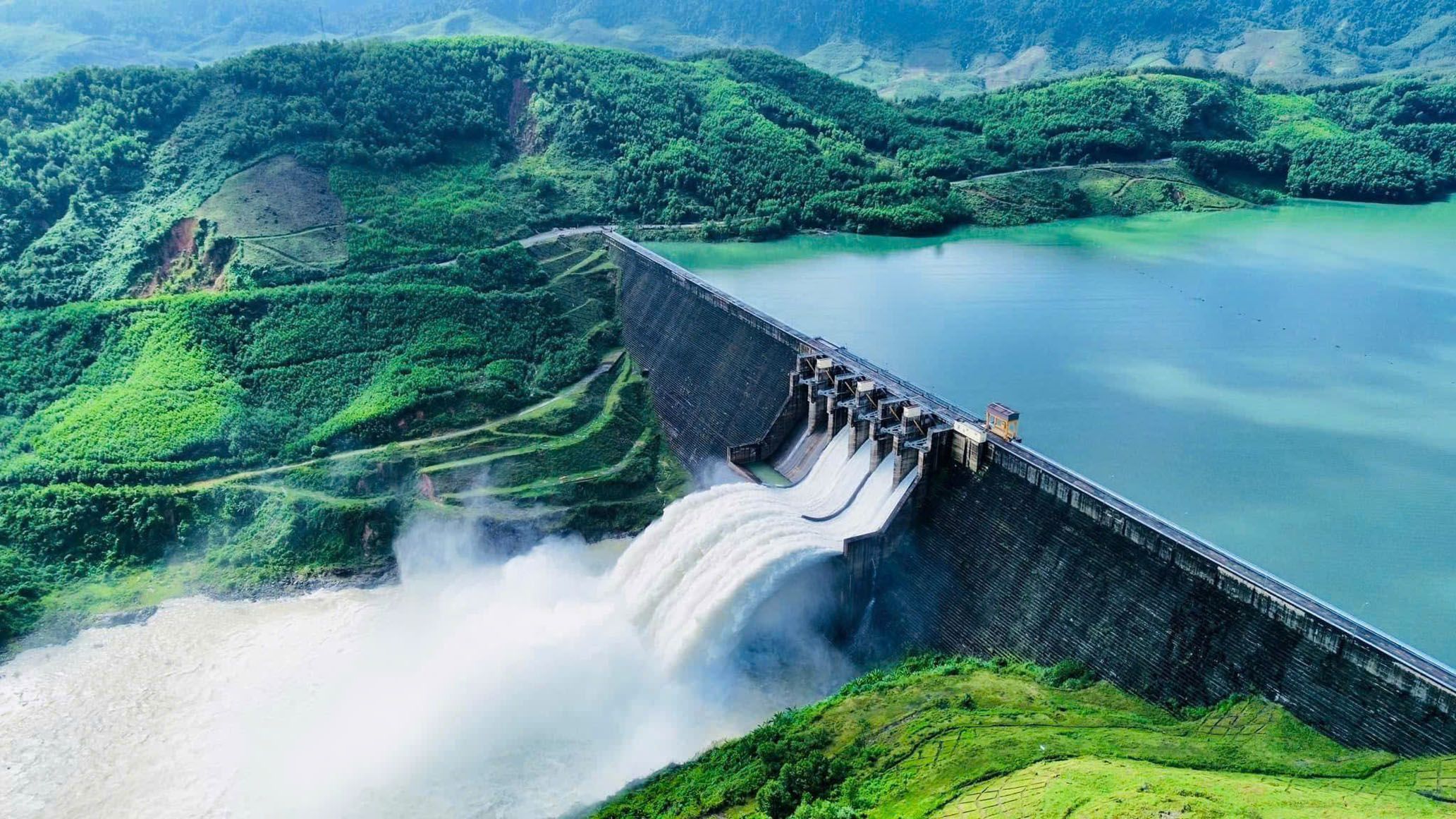



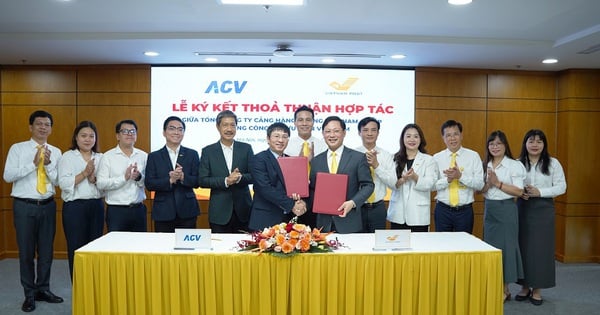



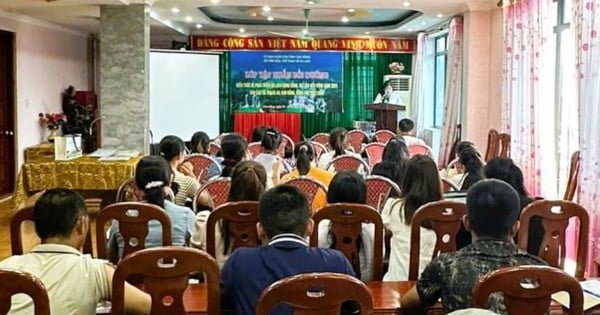
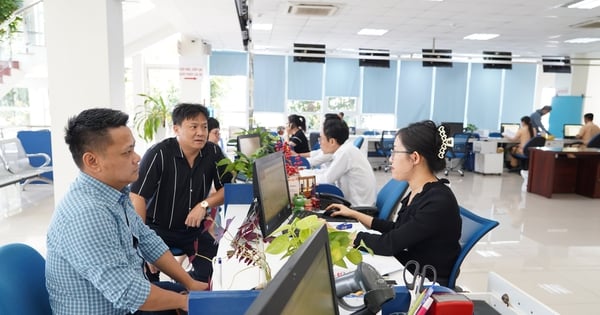













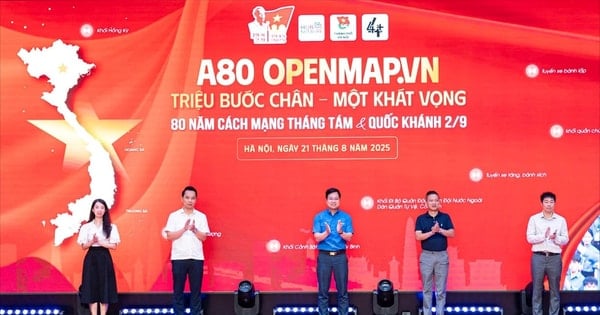

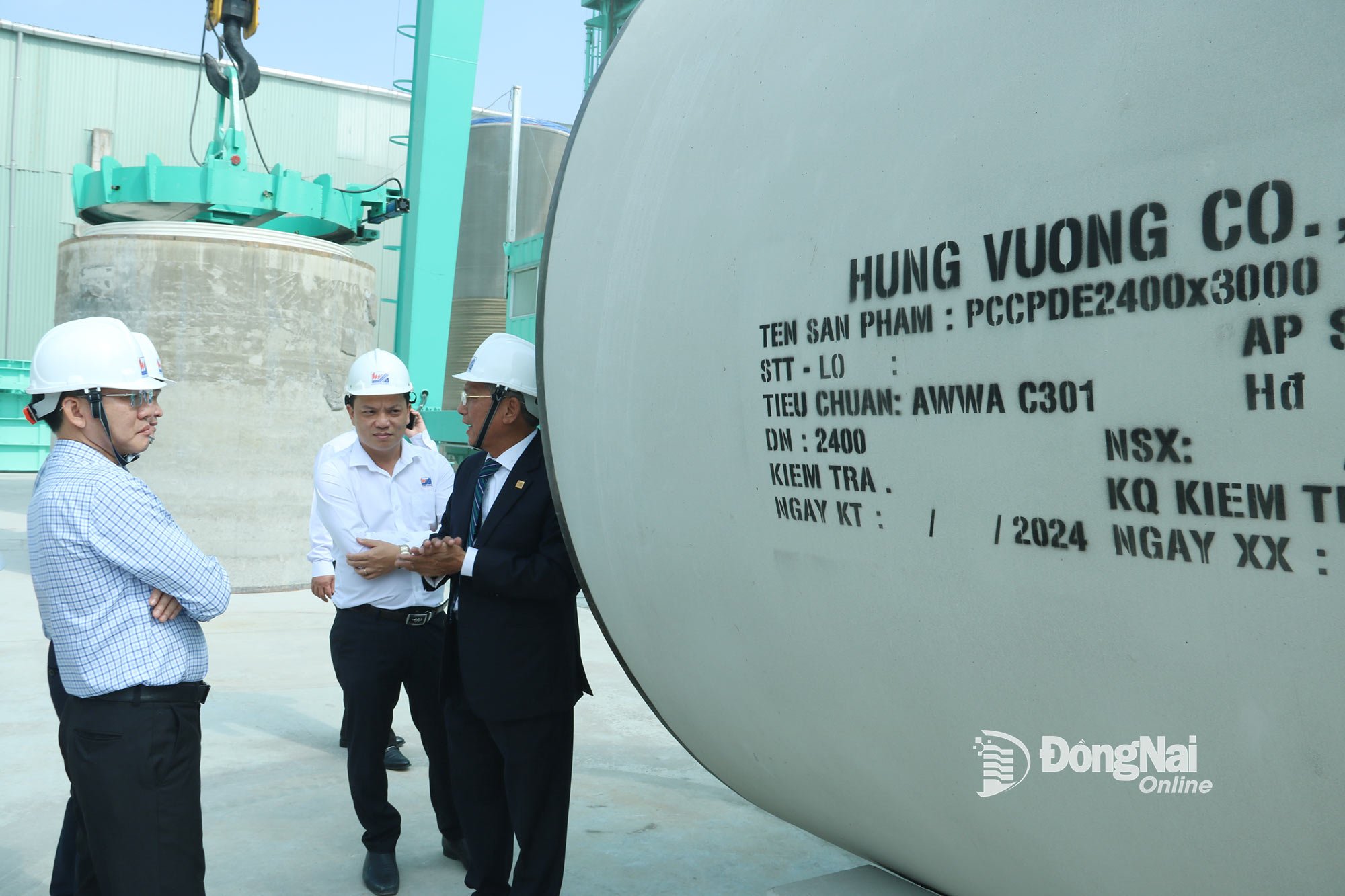






Comment (0)